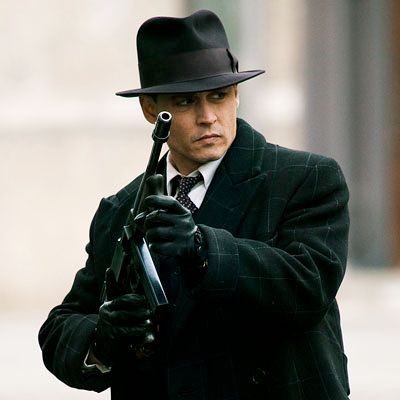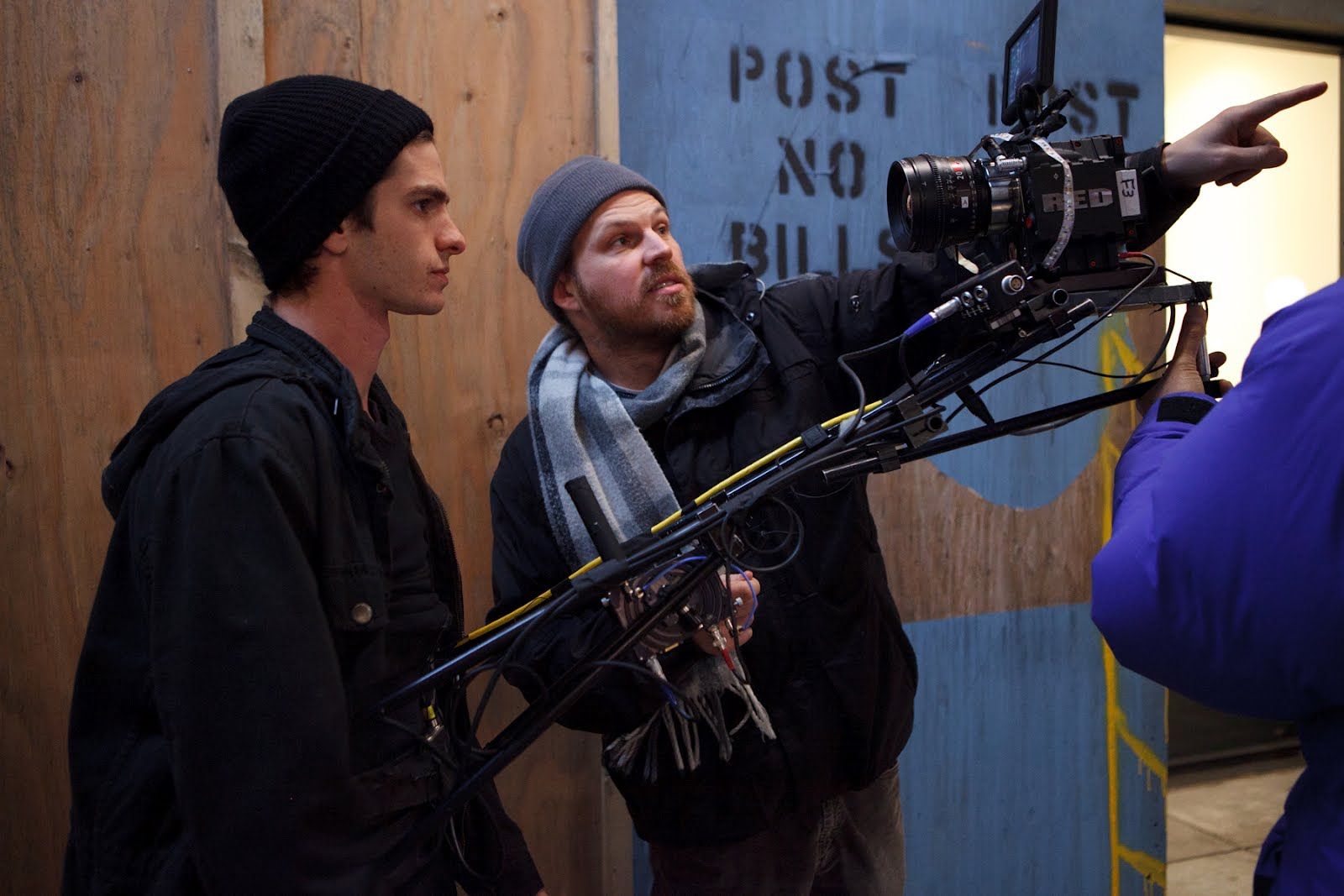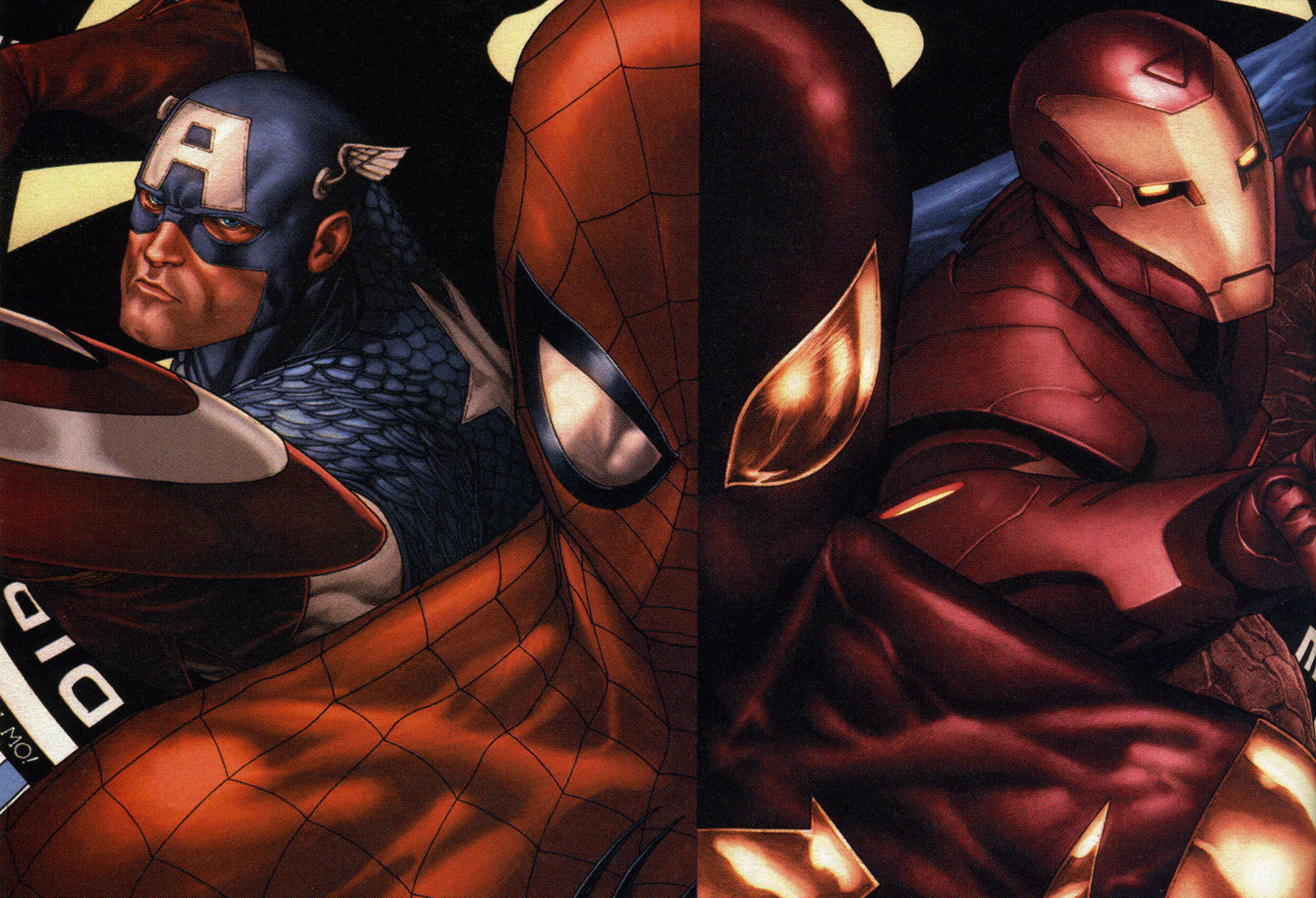Ending Spoilers Ahead
With Michael Mann's latest film Blackhat being released- and subsequently bombing with critics and audiences- I decided to take a look back at Mann's previous film, 2009's Public Enemies, starring Johnny Depp as Depression-era gangster John Dillinger, who was killed by the FBI in 1934, at the age of 31.
Like 2006's Miami Vice-the film Mann made before this- I think some distance is needed to truly appreciate what Mann is doing aesthetically and thematically in this film. Public Enemies exists in a weird purgatory between art film and mainstream entertainment, between crime film archetypes and characters more deeply felt, and between action and something more slow-burning.
What stood out for me on this viewing is its vision of the time period is possibly the most un-romanticized version of the past I've ever seen in a mainstream film. Or maybe I should say the least Hollywood-ized. Usually in films like this there's a very prestige feel to the look and production/art design. In this film 1930s is a living, breathing world and way of life, free of any kind of nostalgia. I think this particular mood comes from Mann's use of digital photography. By applying a modern aesthetic to a period piece Mann removes the barrier between past and present, myth and man. We're put right in action, whether it be a gun fight or an interaction between two characters. The 1930s- while the distant past to us- was to these people the modern world. It was immediate and the future was uncertain. The Depression was in its fourth year and anew kind of criminal had emerged. and FBI Director J. Edgar Hoover (Billy Crudup) declares "America's first war on crime. This line not only speaks to the time period but to the wars North America would fight against drugs and terrorism in later decades.
Public Enemies isn't so much a biopic of Dillinger- it only chronicles the last year or so of his life. During the course of the film Dillinger begins a romance with Bille Frechete (Marion Cotillard). At first Billie says she can't begin a relationship with a man she hardly knows. Dillinger then tells her:
"I was raised on a farm in Moorsesville, Indiana. My mama died when I was three, my daddy beat the hell out of me cause he didn't know no better way to raise me. I like baseball, movies, good clothes, fast cars, whiskey, and you...what else you need to know?"
This isn't just directed at Billie but at the audience as well. The film is telling us it's not interested in exploring Dillinger's backstory or psychoanalyzing him. It adds to the immediacy of the film that we meet Dillinger fully formed rather than seeing him as a child and then as a teenager, etc. Mann doesn't want to unlock Dillinger, maybe because he feels there's no reason to. Dillinger was just a man when all was said and done. Dillinger gained mythic stature after his death- and was a public icon even before then but behind that myth was a ordinary man.
"Time is luck" is a phrase Mann has used in his films. While it's not spoken in Public Enemies, the sentiment runs through the film. Dillinger lives in the moment, knowing he may not be alive tomorrow. I noted that the time period of the film was un-romanticized but Mann is still very much a romantic. The relationship between Dillinger and Billie epitomizes the doomed romance Mann explored in Heat and Miami Vice. This love affair can't last. It's "too good to last," as Colin Farrell's Sonny Crockett says to Gong Li's Isabella in Miami Vice.
When Dillinger is killed the film ends with Billie. Mann is compassionate towards Billie and views her loss as the tragedy of the film. Charles Winstead (Stephen Lang), one of the FBI agents who killed Dillinger- and who heard Dillinger's last words- tells Billie "He said 'Tell Billie for me: Bye, bye, Blackbird'," which was the name of the song Dillinger and Billie first danced to. Similar to the endings of Heat and Miami Vice, this conclusion sneaks up on you with how emotionally devastating it. It rises above the archetypes and tropes of the genre and achieves something transcendent.
This is one of Depp's most restrained performance- particularly in comparison to everything from 2003 onwards. He plays Dillinger with a folksy charm and charisma, winning the public over to his side even while pitting the FBI against him. Christian Bale plays Melvin Purvis, the FBI agent who led the man hunt for Dillinger. Bale doesn't get a lot to work with but he plays the part with conviction and subtle nobility, with a dash of arrogance when Dillinger is arrested earlier in the film. I do wish the film had given us more insight in regards to Purvis- especially when the coda informs us Purvis committed suicide in 1960. I would say Cotillard is the heart of the film. It's her final shot in the film which makes the ending so emotionally affecting.
Coming back to digital photography, aesthetic choices influence us in conscious and unconscious way- and Mann wants us to be conscious of the digital aesthetic and the difference between it and film. Mann challenges the way we think movies should look and feel. And I feel your opinion and reaction to this kind of aesthetic determines whether you like these latter day Mann films. Most notably Mann utilizes digital filmmaking to make his action sequences vividly realistic and hard-hitting. The opening prison escape establishes the rhythm of the action and the "in the moment" feel of the film.
While other modern action sequences don't have much personality, Mann's set pieces feel distinctly and organically part of his overarching aesthetic.
Public Enemies has grown in stature in my mind after re-watching it. Mann understands the romanticism and the inherent tragedy beneath the conventions of the genres of which he explores. And Public Enemies is a tragedy about the people that are left behind, the survivors of the world Dillinger and others after him have inhabited.







